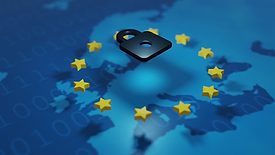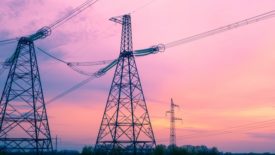Cybersecurity News
Both disciplines are essential to the operation of many critical systems. What will it take to bring them into alignment?
Read More
Using zero trust to safely power the business ecosystem
Zero trust network access solutions are often the first step in the zero trust journey
March 24, 2022
The Security Podcasts
Striving for diverse leadership in risk management
Listen to Arti Lalwani, Risk Management and Privacy Knowledge Leader at A-LIGN, in the latest Security podcast.
March 23, 2022
Sign-up to receive top management & result-driven techniques in the industry.
Join over 20,000+ industry leaders who receive our premium content.
SIGN UP TODAY!Copyright ©2024. All Rights Reserved BNP Media.
Design, CMS, Hosting & Web Development :: ePublishing












